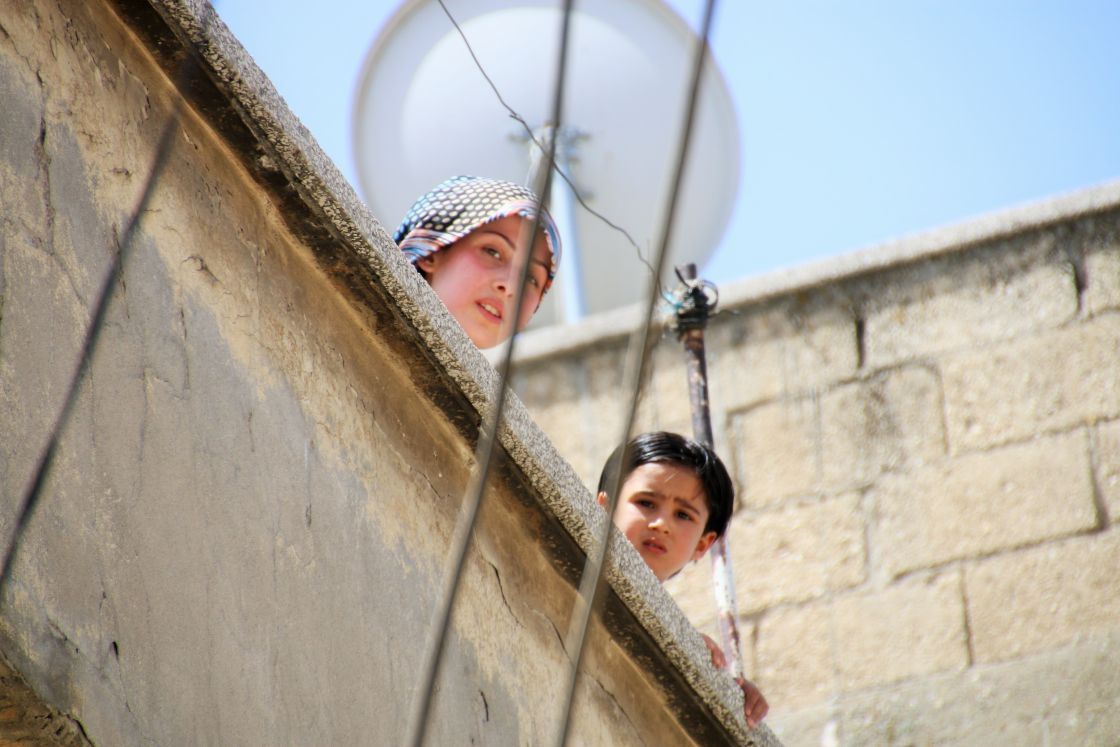- Editorials
- Posted
Kassioun Editorial 1180: The Dialogue and the Solution that Syrians Want
A superficial look at the reality of things in Syria suggests that there is a state of continuing and worsening stagnation and “relative calm”. However, the essence of the situation is far from calm or stagnation. On the contrary, there is an active, renewed movement that is still in the beginnings of its new rise, but it is alive and full of energy, and happening in parallel in all parts of Syria.
The essence of this movement is that as the crisis prolongs, two basic issues crystallize more clearly. The first is the growing disengagement of the general public from the forces that have dominated the scene over the past years, and public losing any remaining confidence in the ability or desire of these forces to get the country and its people out of the disaster they are living.
The second is the process of diligent search undertaken by Syrians, wherever they are, for a solution and a way out, based in particular on the idea that there will be no victor among the sides dominating the conflict scene, and that the way out should be based not only on UNSC Resolution 2254 with its main provisions and components – including a transitional governing body, a constitution, elections, reconstruction, and restoring the country’s unity – but also based on a real dialogue that produces a common vision of the general features of the future Syria.
The dialogue that Syrians need is not a form of filling the real vacuum with imaginary alternatives whose function is to circumvent the idea of dialogue and turn it into a tool for containing others. Rather, it is a dialogue that opens a real door for the Syrian people to regain their right to self-determination in the various issues concerning them, regardless of the narrow interests of the sides to the secondary conflict and the forces dominating said conflict.
While most of the foundations of the dialogue are the subject of general agreement, at least verbally (meaning, the issues of Syria’s unity, its territorial sovereignty, the rejection of sectarianism and violence, etc.), the dialogue’s tools and mechanisms, and more importantly, the mechanisms for implementing its outcomes, are still not crystallized to a sufficient practical extent.
In this phase, what can and must be worked on, is to direct attention to the efforts made by “ordinary” Syrians, from outside the various official frameworks, to unify their efforts, and to formulate their initiatives aimed ultimately at seizing the political initiative in guiding the country towards a solution.
These efforts must be supported and actively participated in, and they must be managed with open arms and high responsibility, on the part of the initiators and the participants, while excluding all forms of arrogance and conceit that have often overwhelmed and destroyed previous efforts.
The primary stakeholder in ending the crisis as quickly as possible is the primary victim of it, that is, the general Syrian people, or the 90% of the plundered and impoverished Syrians who themselves paid the price for the crisis and still are. Meanwhile, the “elites” of the controlling forces, with their various alignments, do not show any interest in ending the crisis, but rather benefit from its continuation and deepening.
For all these reasons, a real dialogue that pushes towards a solution and towards an actual implementation of UNSC Resolution 2254 should be based simultaneously on organizing popular pressure at the various levels, assembling its forces as well as the national forces wishing to end the disaster, regardless of the existing formal alignments.


